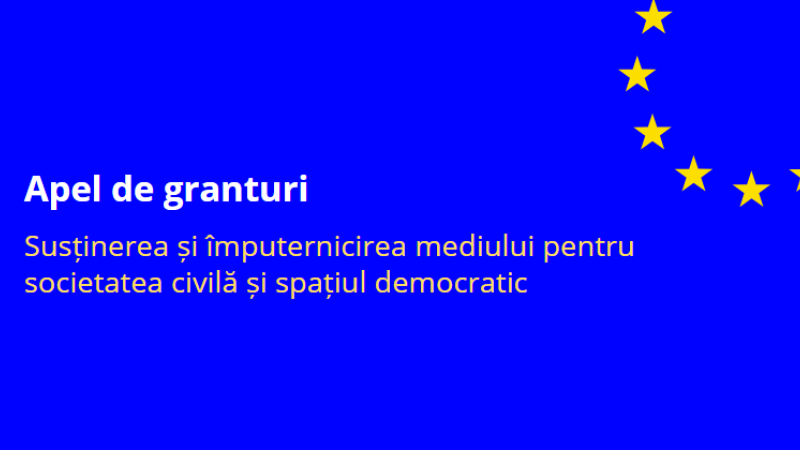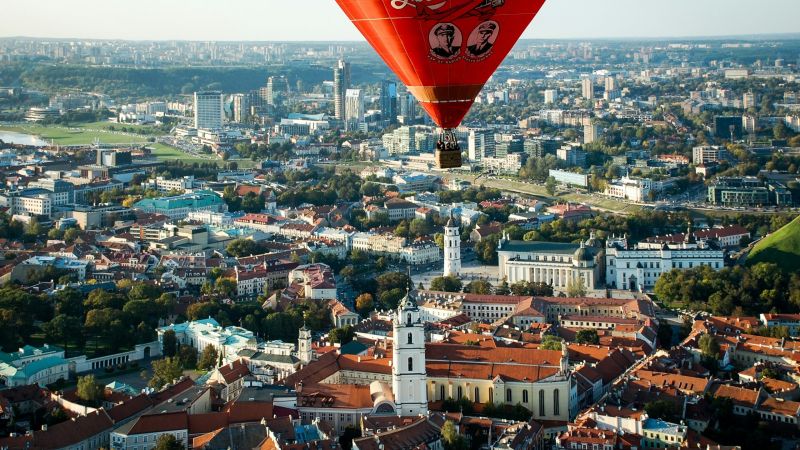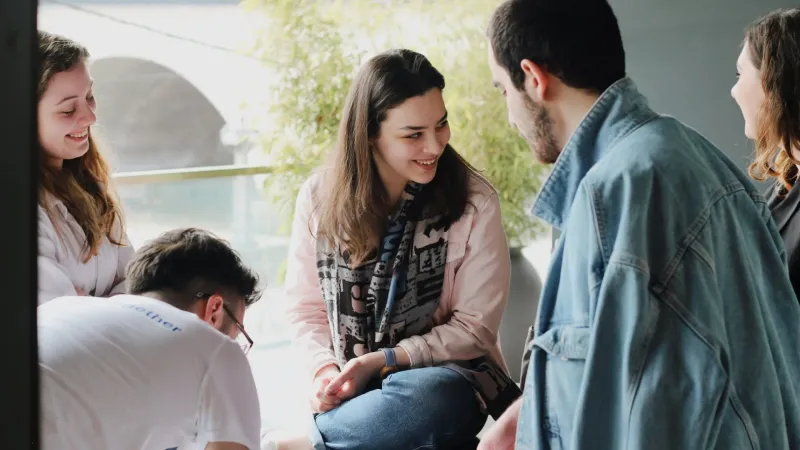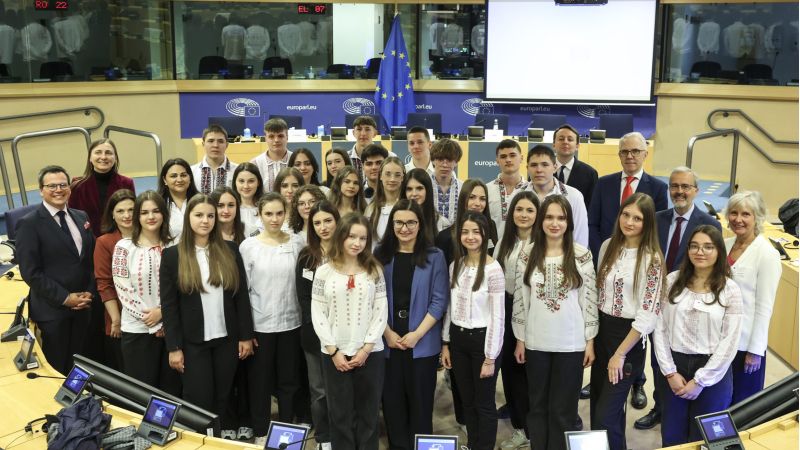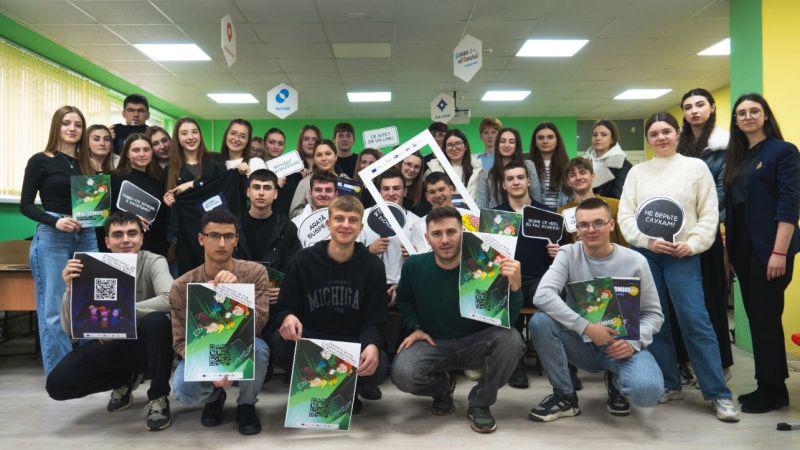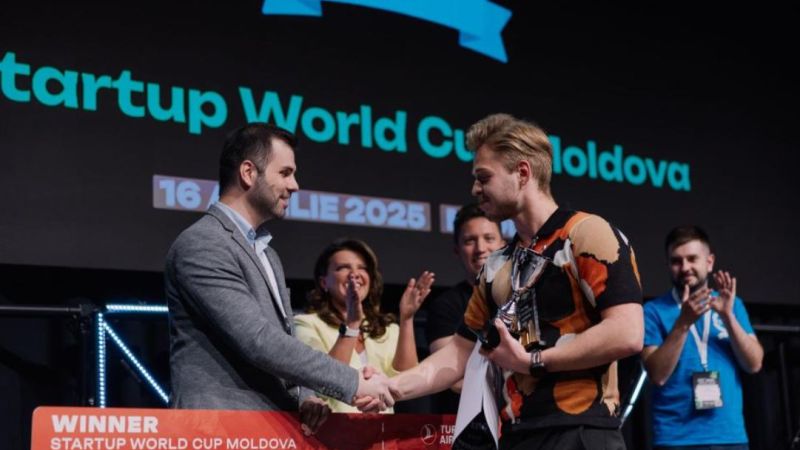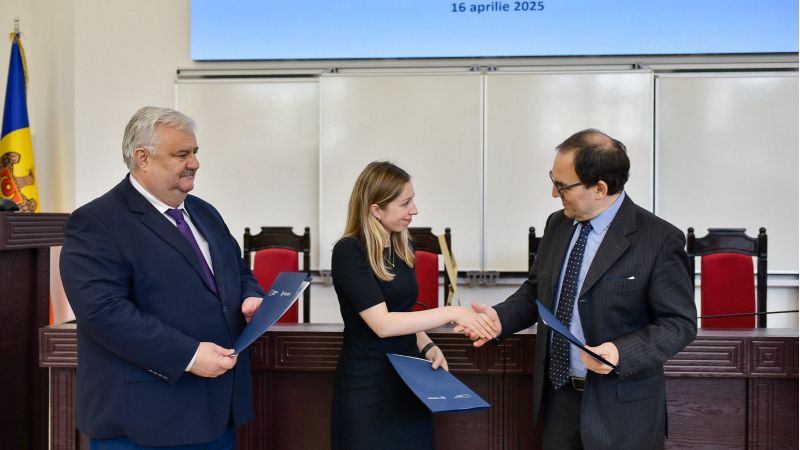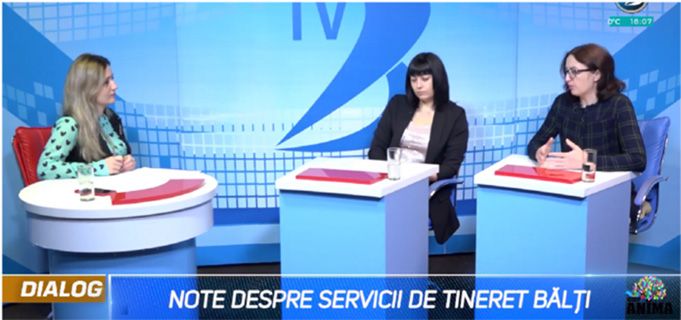
UNIUNEA EUROPEANĂ SPRIJINĂ EVALUAREA NEVOILOR DE SERVICII PENTRU TINERII CARE NU SUNT ANTRENAŢI ÎN NICI UN PROGRAM DE EDUCAŢIE, NU SUNT ANGAJAŢI ȘI NICI NU URMEAZĂ CURSURI DE FORMARE PROFESIONALĂ
Tinerii NEET (sunt acei tineri care nu sunt antrenați în nici un program de educație, nu sunt angajați și nici nu urmează cursuri de formare profesională) reprezintă un potențial enorm de resursă și dezvoltare comunitară. În ultimii ani atenția actorilor naționali și internaționali s-a axat pe dezvoltarea serviciilor în diminuarea fenomenului NEET și reintegrarea în câmpul educațional și profesional al acestora. Pentru a înțelege sistemul de valori și necesitățile grupului NEET din municipiul Bălți, Centrul de Instruire și Dezvoltare Personală „ANIMA” a organizat, recent, o serie de focus grupuri cu tematica „Profilul și situația NEET în municipiul Bălți”.
Evaluarea a fost realizată în cadrul proiectului „Oportunități mai bune pentru tinerii și tinerele care nu beneficiază de educație, formare și locuri de muncă – Inițiativa de Incluziune a Tinerilor și Tinerelor NEET” este finanțat de Uniunea Europeană și cofinanțat de Suedia. Proiectul este implementat de Fundația Est-Europeană în parteneriat cu Consiliul Național al Tineretului din Moldova, Centrul Parteneriat pentru Dezvoltare și Agenția pentru Dezvoltare Regională din Transnistria.
Echipa „ANIMA” prezintă aici câteva propuneri, conturate de experţi în urma analizei rezultatelor celor trei focus grupuri tematice:
◊ Dezvoltarea unui mecanism de identificare / informare / motivare / implicare a tinerilor NEET ar duce la claritate și înțelegere a modului de lucru cu categoria vizată de tineri și la micșorarea ratei fenomenului cercetat.
◊ Crearea și dezvoltarea programelor specifice pentru grupul NEET ar contribui la o mai bună reintegrare a acestora în viața comunității, printre care: i) Program de dezvoltarea a abilităților elementare (a scrie, a citi); ii) Program de dezvoltarea a abilităților de comunicare și discurs public; iii) Educația parentală (comunicarea cu copilul, stabilirea unei relații sănătoase și organice părinți-copii etc.); iv) Suport psihologic care ar ajuta tinerii să depășească problemele cu care se confruntă și experiențele neplăcute anterioare, etc.
